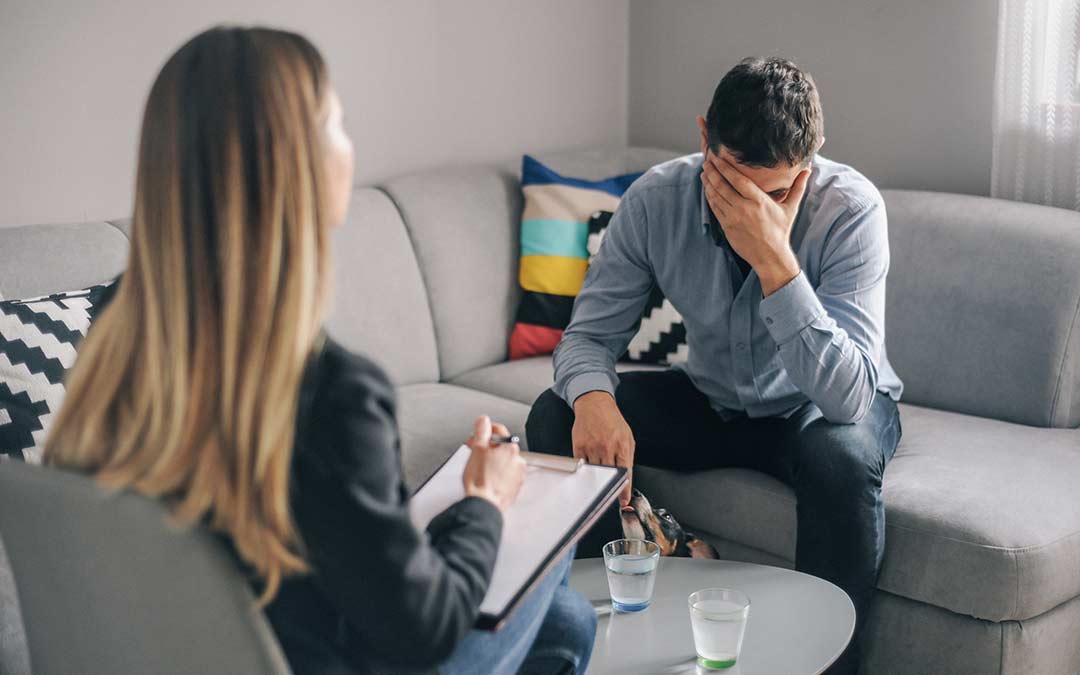By Joyce Parker, PhD, LCSW
Recently I had a woman come to my office wanting psychotherapy for depression. Her self-esteem was very low. She no longer took pleasure in her normal activities. She felt lonely and pessimistic about the future. She said she had been using poor judgment. She had slept with a man she had just met. She had not used any precautions against pregnancy or AIDS. She reported that they were both drunk when they had sex.
She didn’t think she had a drinking problem because she was not drinking on a daily basis. Nor did she always get drunk when she used alcohol. But she was getting drunk about two or three times a month and sometimes when she started to drink she had trouble stopping. She usually got drunk only when she went out to a bar or when she was socializing with friends.
In fact, this woman was a binge drinker and was as much an alcoholic, although a different type of alcoholic, as those drinkers who get drunk every day. Of course, she wasn’t pleased with my diagnosis. She was in denial about her drinking and she didn’t see how her drinking patterns were relevant to her depression.
But there are many ways in which her drinking is relevant to her depression and it is relevant to her success or failure in therapy.
Drinking and Therapy
Alcohol is a central nervous system depressant. Initially it may provide a feeling of well-being as you become more relaxed from the depressant effect. But that initial high does not last and most people become more depressed as they get inebriated.
Alcohol also impairs judgment. People do dangerous, inappropriate and irresponsible things when they are drunk that they would not do when sober. When individuals drink over a long period of time, they have trouble coping with the challenges of life. This is because when you use alcohol to cope with problems, you don’t use your inner resources, so you don’t grow stronger or more emotionally mature.
Coping Mechanisms
In therapy, my job is to help individuals build stronger coping mechanisms and develop and strengthen their inner resources. Using alcohol addictively is a much easier way to cope. You don’t have to face your problems and acknowledge weaknesses and flaws.
I tell my patients that in a competition with alcohol, therapy always loses. Getting drunk is just a much easier and quicker way to cope. But it leaves you emotionally immature and dependent on alcohol to deal with personal problems. It undermines your self esteem and creates chaos in your life. That is why I say, alcohol or any addictive substance and therapy don’t mix.
Try Sobriety
The first step to getting sober is to come out of denial. I encourage my clients to use the self-help programs available for addicts and alcoholics. That may mean joining Alcoholics Anonymous or going to an alcohol treatment program as well as attending therapy.
Sometimes people resist giving up alcohol completely and I have to allow them time to see whether it is possible to control their drinking. It is usually not and they become aware of this over time. I support using a sponsor through Alcoholics Anonymous and working the 12 Steps, which are instrumental in changing alcoholic thinking and behavior.
If you want to obtain the full benefit from therapy, you need to be sober. I have seen the emotional growth and positive changes in patients willing to make that commitment. It is worth it.
Joyce Parker, PhD, LCSW, is a social worker and psychotherapist in practice in Torrance, Calif. She is a member of the Independent Psychotherapy Network.





